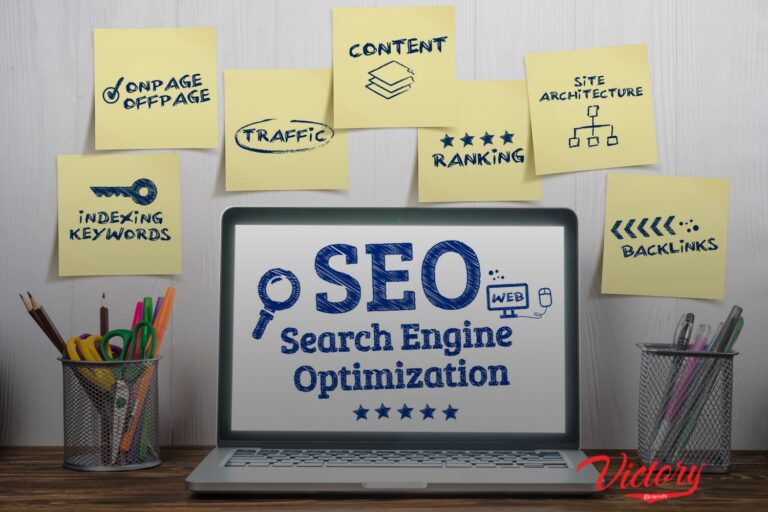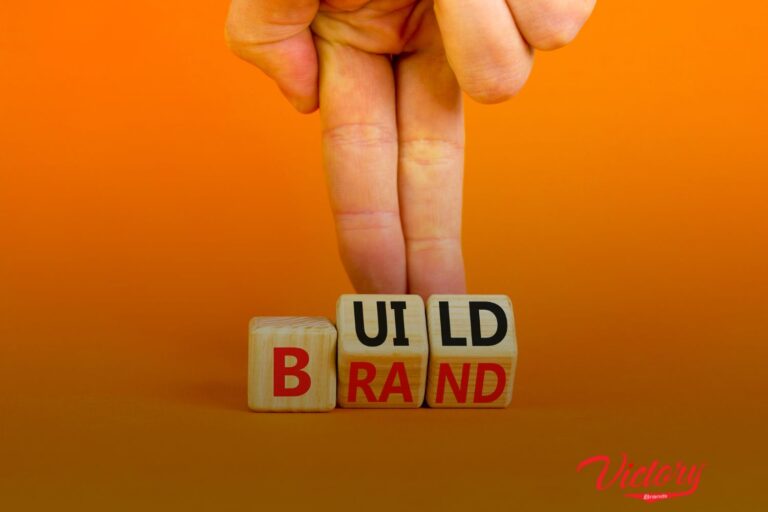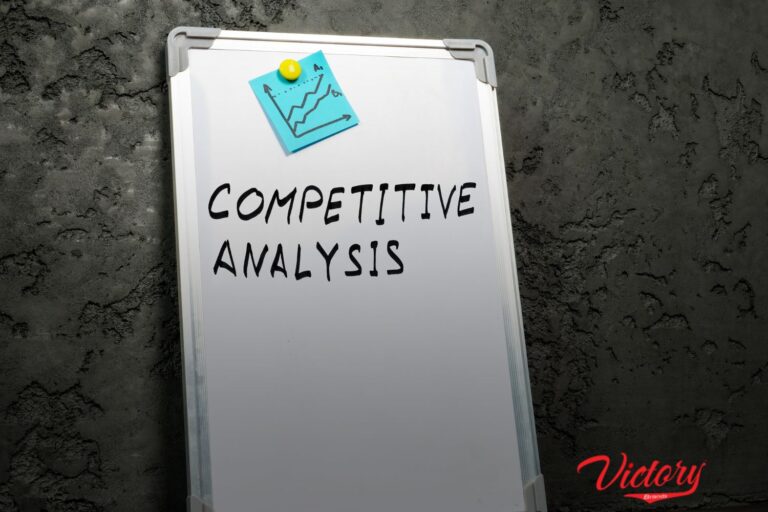PPC vs. SEO: Which is Better for Your Business in 2025?

PPC vs. SEO: Which is Better for Your Business in 2025?

In 2025, digital marketing continues to evolve at a rapid pace, leaving businesses with a critical decision: should they focus on Pay-Per-Click (PPC) advertising or Search Engine Optimization (SEO) to drive traffic and grow their brand online? Both strategies have unique advantages, but deciding which is best for your business depends on various factors such as budget, business goals, and the type of audience you’re targeting.
This article breaks down the key differences between PPC and SEO, the pros and cons of each, and how to choose the right strategy for your business in 2025. Whether you’re a startup, a small business, or an established brand, understanding how these tactics work will help you make the most informed decision.
What is PPC?
With the pay-per-click (PPC) Internet advertising strategy, marketers are charged a fee each time a click is made on their ad. These ads typically appear at the top of search engine results pages (SERPs) or across various platforms like Google, Bing, and social media channels. The most popular PPC platform is Google Ads, where businesses bid for ad placement on relevant keywords.
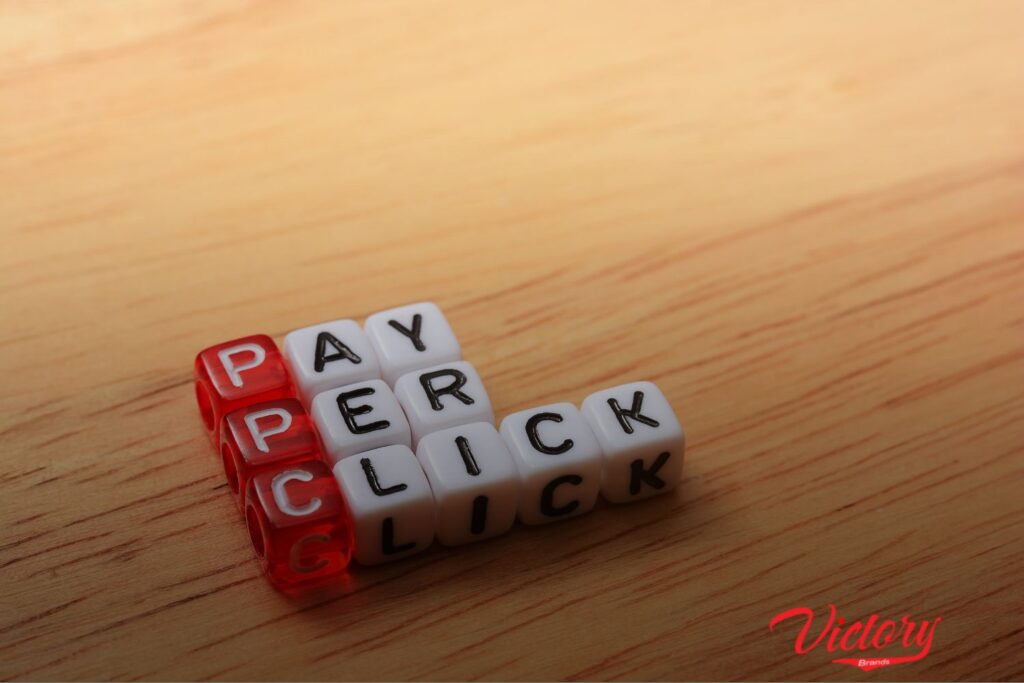
Pros of PPC in 2025:
- Immediate Results: Once your campaign is set up and running, you can start driving traffic almost instantly. PPC offers a fast way to get your website in front of potential customers.
- Precise Targeting: PPC allows you to target specific keywords, locations, demographics, devices, and even the time of day your ad appears. This precision helps you reach your ideal customer more effectively.
- Control Over Budget: Limits on your spending can be set on a daily or monthly basis. PPC is scalable, making it suitable for businesses of all sizes.
- Better for Short-Term Campaigns: If you’re running a promotion or launching a new product, PPC is perfect for driving immediate traffic and conversions.
- Clear ROI Tracking: With tools like Google Analytics, you can track every click, conversion, and dollar spent, giving you a clear view of your return on investment (ROI).
Cons of PPC in 2025:
- Costs Add Up: The cost-per-click (CPC) of a term increases with its level of competition. Businesses in highly competitive industries may end up paying a lot for each visitor.
- Temporary Results: The traffic ceases when you stop spending money on advertisements. Unlike SEO, PPC doesn’t offer long-term benefits unless you keep funding your campaign.
- Ad Blindness: Some users ignore paid ads and scroll directly to organic results, reducing your potential audience.
- Constant Management: PPC campaigns require ongoing monitoring and adjustments to remain cost-effective and competitive.
What is SEO?
Search Engine Optimization (SEO) is the process of improving your website to rank higher in organic search engine results. Unlike PPC, SEO doesn’t involve direct payments to search engines but focuses on optimizing your website’s content, structure, and authority to increase its visibility in search results.
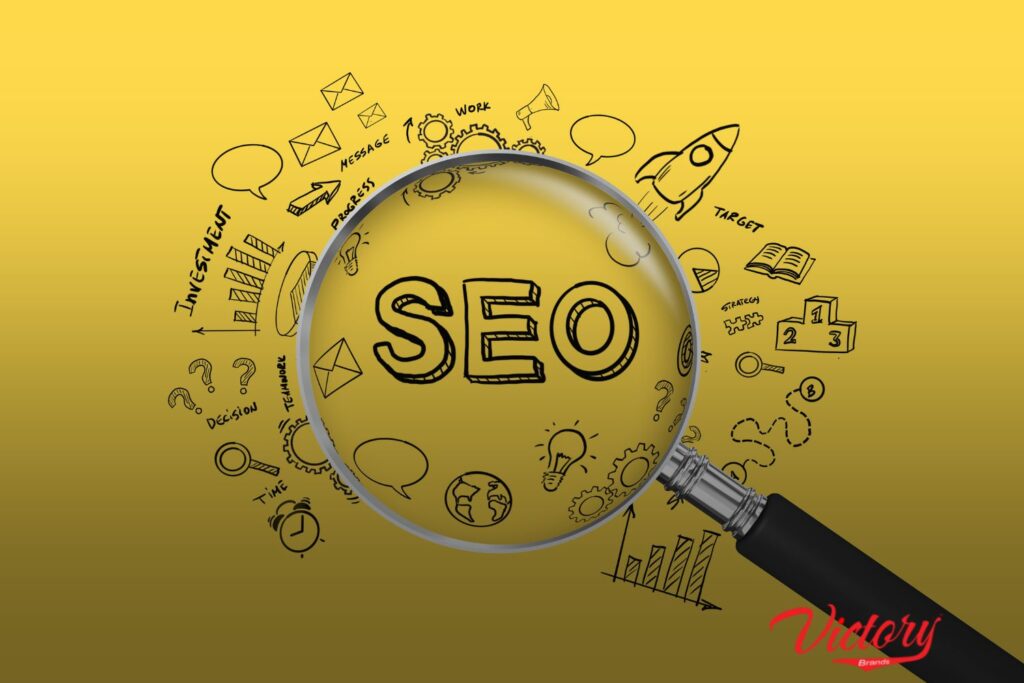
Pros of SEO in 2025:
- Long-Term Results: SEO takes time, but once you achieve a high ranking, it can bring continuous traffic without ongoing costs per click.
- Credibility and Trust: Paid advertisements are frequently seen as less reliable than organic search results. Ranking high on Google can improve your brand’s credibility.
- Cost-Effective in the Long Run: Although SEO requires investment in content creation and technical optimization, the long-term benefits make it more cost-efficient than PPC for sustained traffic.
- Broader Reach: Unlike PPC, which is limited to selected keywords, SEO can bring in traffic for a wide range of relevant search terms, including long-tail keywords.
- Higher Click-Through Rates (CTR): Organic search results tend to get more clicks than paid ads, especially for users who trust Google’s rankings.
Cons of SEO in 2025:
- Takes Time: SEO is a long-term strategy. It may take months or even years to rank for competitive keywords.
- Constant Updates Needed: Search engine algorithms are continually changing, so your SEO strategy needs ongoing optimization to stay relevant.
- Uncertainty: Unlike PPC, where you pay for guaranteed visibility, SEO doesn’t promise specific results. A competitor can outrank you, or algorithm changes can affect your ranking without warning.
- Requires Expertise: Successful SEO requires knowledge of both on-page and off-page strategies, as well as an understanding of technical SEO, content creation, and user experience.
PPC vs. SEO: A Direct Comparison
Now that we’ve defined both PPC and SEO, let’s directly compare them in various aspects to help you decide which strategy works best for your business in 2025.
1. Cost
PPC: You pay for each click, making it ideal for short-term campaigns but potentially expensive in competitive industries. The more traffic you want, the more you pay.
SEO: Requires an upfront investment in content, technical improvements, and ongoing optimization. However, once you rank, traffic can be free (apart from maintenance costs).
2. Time to Results
PPC: Almost immediate results once the campaign is live. Within a few hours, traffic can begin to appear.
SEO: Slow to start but pays off in the long term. It can take months to build up to page one of search results.
3. Sustainability
PPC: PPC: When you stop paying, traffic stops. Great for short-term goals but not for sustained growth.
SEO: Sustainable over time. Once you rank well, you can continue to receive traffic without paying for each click.
4. Targeting
PPC: Offers precise targeting based on keywords, demographics, location, devices, and more.
SEO: Can target broader search terms, long-tail keywords, and attract traffic from various search queries.
5. Brand Awareness
PPC: This can boost brand visibility quickly but is often seen as “advertising.”
SEO: Builds organic brand trust and credibility over time.
6. ROI (Return on Investment)
PPC: You can measure ROI accurately, but high costs per click in competitive markets can lower profit margins.
SEO: ROI is harder to measure in the short term but can be extremely high in the long run as organic traffic grows.
Which is Better for Your Business in 2025?
The choice between PPC and SEO largely depends on your business goals, timeline, and budget.
- Choose PPC if: You need immediate results, are running a time-sensitive promotion, or have the budget to sustain a pay-per-click campaign. It’s especially effective for businesses looking to quickly generate traffic, leads, or sales.
- Choose SEO if: You’re focused on long-term growth, want to build credibility, and can invest the time and effort needed to rank organically. SEO is a better fit for businesses that want sustainable traffic without constant ad spend.
Many businesses in 2025 will find that a combination of PPC and SEO works best. Using PPC for short-term goals and SEO for long-term growth can provide a balanced approach that covers both immediate and sustained traffic.
Conclusion
In 2025, an effective digital marketing strategy must include both PPC and SEO. PPC is perfect for fast results and precise targeting, while SEO offers long-lasting organic traffic and credibility. Your budget, objectives, and business needs will determine the best course of action.
Combining the two will typically provide you with the best of both worlds, enabling you to benefit from both rapid visibility and long-term growth.
Frequently Asked Questions
It depends on your goals. PPC is effective for short-term results and immediate traffic, while SEO is more beneficial for long-term growth and organic traffic.
Yes, using both strategies together can be a great way to maximize your online presence. PPC can provide quick results while SEO builds long-term organic traffic.
The cost of PPC varies depending on your industry and the competitiveness of the keywords you’re targeting. You can set a daily or monthly budget, but high-demand keywords may be expensive.
SEO is a long-term strategy and can take several months to a year to show significant results, depending on the competition and your efforts.
SEO is generally more cost-effective in the long run since you’re not paying for every click, but it does require upfront investment in content and optimization. PPC, on the other hand, requires continuous spending to maintain traffic.
Share:
Categories
- Brand Strategy
- Business Growth
- Business Strategy
- Content Marketing
- Custom Software Development
- Customer Relationship Management
- Digital Advertising
- Digital Marketing for Startups
- Digital Marketing Strategy
- E-Commerce
- Email Marketing
- Future Marketing
- Influencer Marketing
- Lead Generation
- Mobile Optimization
- Pay Per Click (PPC)
- SEO
- Social Media Marketing
- Social Media Marketing
- Social Media Trends
- Software Development
- Startup Strategies
- Technology
- User Experience (UX)
- Venture Development
- Video Marketing
- Web Design
- Website Design
- Website Optimization
Latest Post
- SEO Best Practices for Modern Website DesignIn the competitive digital landscape, a well-designed website is not just about…
- Why Storytelling is Crucial for Effective Brand StrategyIn a world inundated with advertisements and messages, cutting through the noise…
- How to Conduct a Competitive Analysis for Brand Strategy SuccessIn today’s crowded marketplace, distinguishing your brand is essential for success. One…
Other Blogs


